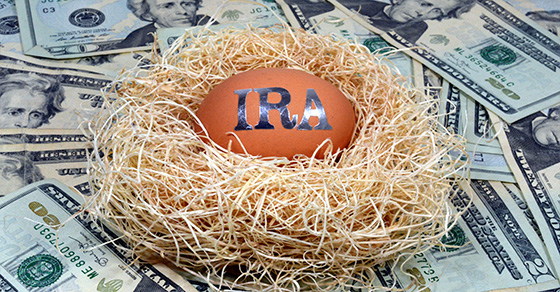
If you’re self-employed and don’t have withholding from paychecks, you probably have to make estimated tax payments. These payments must be sent to the IRS on a quarterly basis. The fourth 2020 estimated tax payment deadline for individuals is Friday, January 15, 2021. Even if you do have some withholding from paychecks or payments you receive, you may still have to make estimated payments if you receive other types of income such as Social Security, prizes, rent, interest, and dividends.









